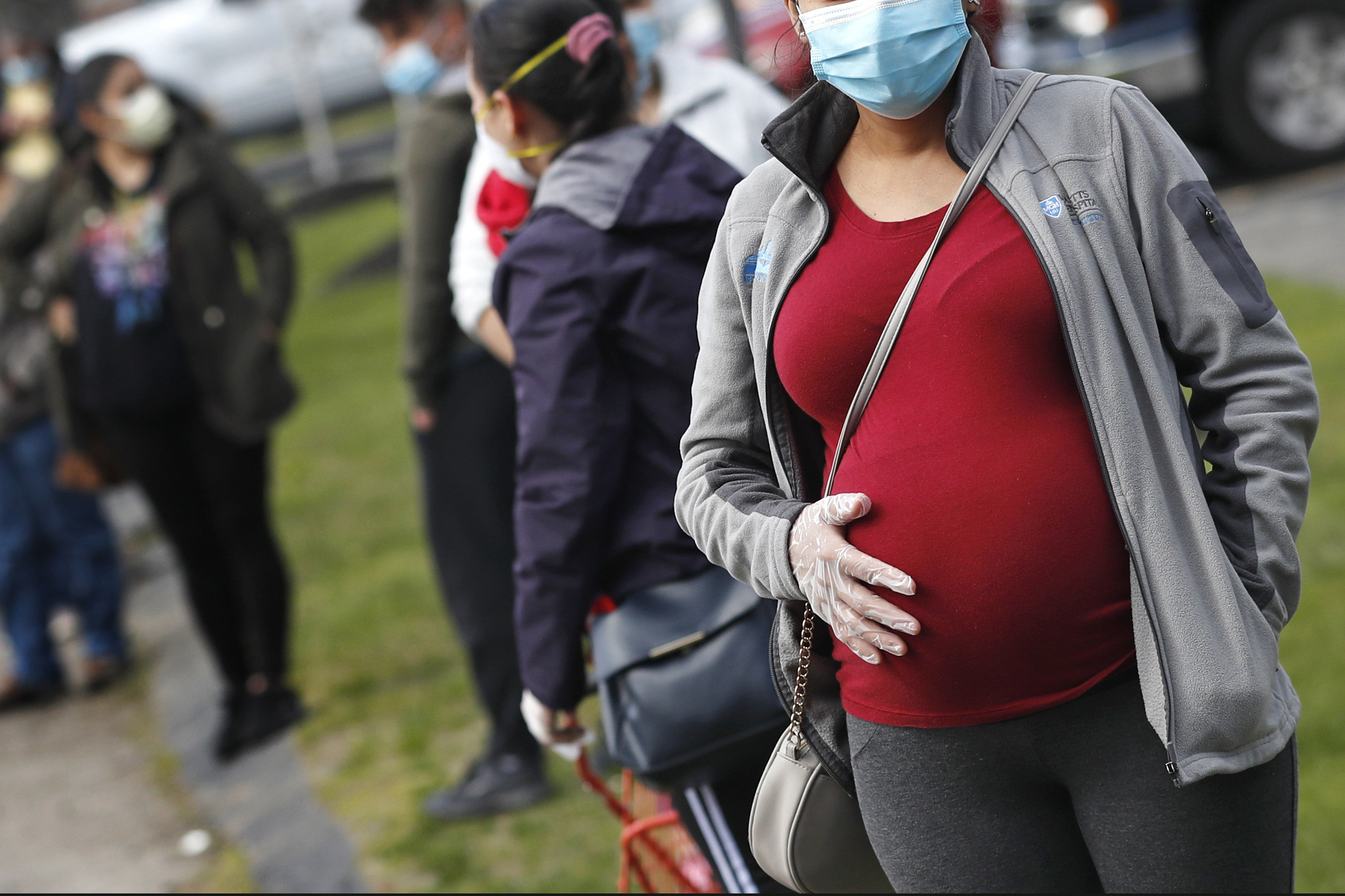The FDA has authorized a third dose of the Pfizer or Moderna vaccines for people with compromised immune systems to better protect them from the virus.
The move comes after a panel of advisors to the Centers for Disease Control and Prevention met in July and urged action on extra doses for immunocompromised adults. The CDC's advisory committee is expected to formally recommend the extra shots on Friday and provide further details on how they will be administered.
In an interview on the "TODAY" show, Dr. Anthony Fauci, the U.S. government’s top infectious disease expert, said it is increasingly clear that previously vaccinated people with weakened immune systems are still vulnerable to COVID because months after receiving the shots, their bodies are producing little to no antibodies. He said the purpose of the booster shot is to get their protection level up to where it should be.
More Coronavirus Vaccine Coverage
An estimated 2.7% of adults in the United States are immune-compromised, according to the CDC.
So, who is eligible and what does that mean for those who got the Johnson & Johnson vaccine?
Get Tri-state area news delivered to your inbox. Sign up for NBC New York's News Headlines newsletter.
Who Would Be Eligible for Boosters?
The FDA’s decision only applies to a high-risk group of Americans who are severely immunocompromised.
That includes patients taking immune-suppressing medicines because of organ transplants, cancer treatment and people with HIV, among other. or other disorders.
According to recent data from the CDC, considerations for a booster vaccine could include:
- Conditions and treatments associated with moderate to severe immune compromise
- Active or recent treatment for solid tumor and hematologic malignancies
- Receipt of solid-organ or recent hematopoietic stem cell transplant
- Severe primary immunodeficiency
- Advanced or untreated HIV infection
- Treatment with immunosuppressive medications such as cancer chemotherapeutic agents, TNF blockers, certain biologic agents (e.g., rituximab), and high-dose corticosteroids
- Chronic conditions associated with varying degrees of immune deficit, such as asplenia and chronic renal disease
The CDC noted, however, that "different medical conditions and treatments can result in widely varying degrees of immunosuppression.
“This is all going to be very personalized,” cautioned Dr. Dorry Segev, a transplant surgeon at Johns Hopkins University who is running a major National Institutes of Health study of extra shots for organ recipients. For some people, a third dose “increases their immune response. Yet for some people it does not seem to. We don’t quite know who’s who yet.”
What About People Who Got the Johnson & Johnson Vaccine?
The FDA made no mention of immune-compromised patients who received the single-dose Johnson & Johnson vaccine because there was not sufficient data on the issue, according to the agency.
Some city health department around the country are allowing healthy patients who received the single-dose COVID-19 vaccine to get a "supplemental" dose of either the Pfizer or Moderna vaccine after a study suggested it might be less effective in fending off coronavirus variants than the two-dose mRNA shots.
However, a real world study of health care workers in South Africa previewed Friday suggests that the Johnson & Johnson vaccine is 71% effective against the delta variant at preventing hospitalization and over 90% effective at preventing death, NBC News reports.
What About Everyone Else?
U.S. health officials are continuing to closely monitor if and when average people’s immunity wanes enough to require boosters for everyone — but for now, the vaccines continue to offer robust protection for the general population.
Fauci said "at this moment, other than the immunocompromised, we’re not going to be giving boosters." However, he acknowledged that "inevitably there will come a time where we'll have to get boosts" because "no vaccine, at least not within this category, is going to have an indefinite amount of protection."
An untold number of Americans have already managed to get COVID-19 booster shots even though the U.S. government hasn't approved them. They're doing so by taking advantage of the nation’s vaccine surplus and loose tracking of those who have been fully vaccinated.
An Associated Press review of a database run by the CDC found health care providers have reported more than 900 instances of people getting a third dose. However, because reporting is voluntary, the full extent of people who have received third doses is unknown. It’s also unknown if all of those people were actively trying to get a third dose as a booster.



